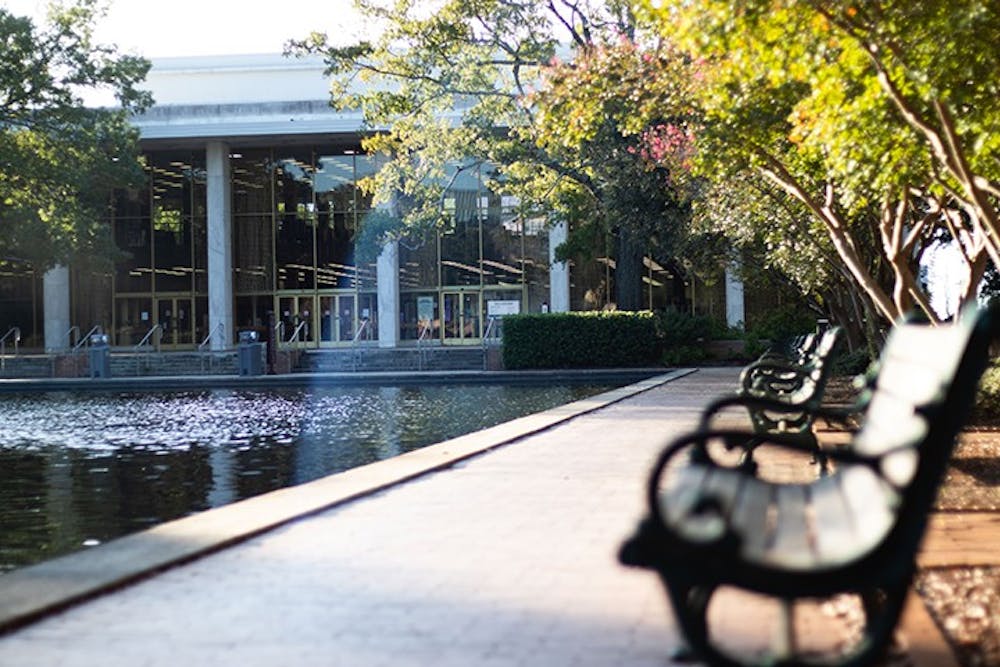From institutional racism to sexual assault and harassment on campus, the general feeling from the university’s administration has been one of reactivity rather than proactivity.
It's great that there’s real discussion about renaming buildings on campus that are honoring people who had immoral beliefs, but it took a national, widespread racial justice movement for this to be seriously considered. Furthermore, what has changed? Former USC President Harris Pastides endorsed the creation of the Presidential Commission on University History, which investigates solutions to this issue, but last fall the commission only met twice. This was due to the COVID-19 pandemic, of course, but they could have used the platform that many of us are forced to use to attend our online classes: Zoom.
Again, it’s great President Bob Caslen endorsed the decision to rename the Sims residence hall, but it’s almost comical at this point that not even a placeholder name has been chosen. Are there really no better deserving people with connections to the University of South Carolina to name a building after? At the end of the day, Sims is still named after a doctor who forced unnecessary experimental procedures on enslaved women, and the Strom Thurmond Wellness and Fitness Center is named after a man who only gave up on being pro-segregation when he was faced with his own mortality. And plenty of other places are still named after people who make you reread the little blurb under “Controversy” or “Personal Life” on their Wikipedia pages.
It is fine and dandy that USC plans to hire an independent Title IX coordinator for the university, establish a case review committee and make other changes to its process of reporting sexual assault and harassment. However, all of these changes were only promised after a tidal wave of student and public outcry following allegations of university negligence on the behalf of people who were assaulted by faculty. The email from Caslen was coincidentally sent out only after a long, varied exposé by The State on alleged victims USC failed just in the past couple years.
This is to top off the persistent issues of students not feeling safe on campus. No amount of sympathies or promises makes up for feeling unsafe in your own home, or, for some people, being assaulted. Receiving Carolina Alerts when there is an active shooter on campus is expected; not receiving them when there is an active shooter near campus is a total lack of foresight. The same goes for receiving alerts when a crime occurs, but not when a student goes missing because there is no perceived threat to anyone else.
The troubling thing these issues have in common is that there appears to be zero foresight on part of the university.
Nobody in the administration appears to have had a backup plan for if the names of buildings on campus were criticized publicly. Nobody appears to have had a quick plan to change statues or plaques or to recognize the people they honor as indecent. Promises to address sexual assault and harassment situations only happen after survivors go public with how their cases were mishandled or ignored. It took victims risking their careers, privacy and safety to state their experiences publicly for that to happen.
How can we be expected to grow as a campus? How can we expect to feel comfortable, to feel seen, to feel safe as a whole student body if it feels that nothing is done to secure our welfare until after we, ourselves, cause an unavoidable ruckus or something unavoidably terrible happens?
It’s time for the administration to think ahead for a change.

